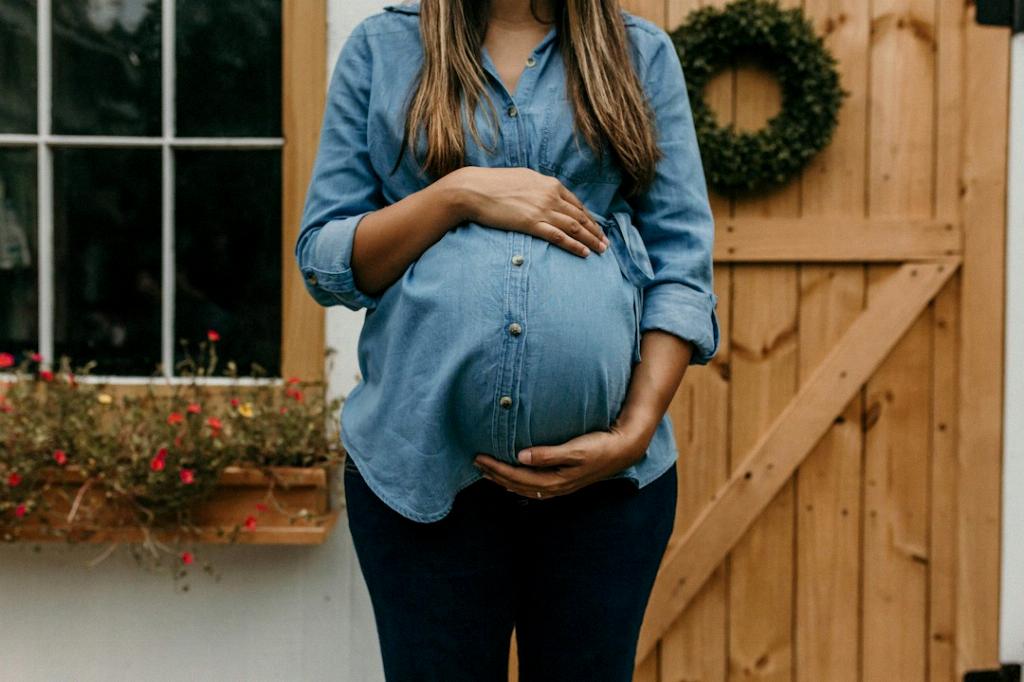When it comes to determining whether 12 days post ovulation (DPO) is too early to conduct a pregnancy test, there are a few key factors to consider. Some individuals may indeed be able to receive a positive result at this stage, while others may need to wait a bit longer. It’s crucial to understand the intricacies of the testing process and how your body may respond.
Early Symptoms and Signs
One aspect to take into account is the potential presence of early symptoms. At 12 DPO, some individuals may already be experiencing signs such as breast tenderness, fatigue, or even nausea. These indicators can vary from person to person, but they can sometimes offer clues as to whether testing may be worthwhile.
Patience during the Two-Week Wait
The 2-week wait period can often feel like an eternity for individuals eagerly anticipating the results of a pregnancy test. It’s essential to maintain patience and manage expectations during this time. While some may choose to test at 12 DPO, others may opt to wait a bit longer for a more definitive outcome.
Varying Sensitivity of Tests
Another element to bear in mind is the varying sensitivity levels of pregnancy tests. Some tests are designed to detect lower levels of hCG (human chorionic gonadotropin) earlier on, while others may require higher concentrations before yielding a positive result. Understanding the specifications of the test you choose to use is crucial.
Emotional Rollercoaster
It’s important to acknowledge the emotional toll that the testing process can take. Whether testing at 12 DPO or later, the anticipation and potential outcome can lead to a myriad of feelings. It’s vital to prioritize self-care and seek support during this period.
Consulting Healthcare Providers
If you’re uncertain about when to test or have questions about the process, don’t hesitate to reach out to a healthcare provider. They can offer guidance tailored to your individual circumstances and provide clarity on the best course of action.
Factors Influencing Testing Accuracy
Several factors can influence the accuracy of a pregnancy test at 12 DPO. These include the timing of ovulation, the regularity of your menstrual cycle, and the sensitivity of the test being used. Considering these variables can help you make an informed decision.
Understanding False Negatives
It’s important to be aware of the possibility of receiving a false negative result, particularly when testing early. Factors such as improper test usage, diluted urine samples, or testing too soon can contribute to inaccurate outcomes. Repeat testing may be necessary.
Managing Expectations
While the desire for a positive outcome is understandable, it’s essential to manage expectations regarding early testing. Remember that each individual’s body and pregnancy journey are unique, and results can vary. Stay informed, stay patient, and stay positive.
Support Networks
Seeking support from friends, family, or online communities can be beneficial during the testing process. Sharing your thoughts and emotions with others who understand what you’re going through can provide comfort and reassurance. You’re not alone in this journey.
Considering Next Steps
If testing at 12 DPO yields a negative result, don’t lose hope. Understanding that timing can play a significant role in test accuracy, you may choose to wait a few more days before testing again. Alternatively, exploring other options, such as consulting a healthcare provider, could provide further insights.
Final Thoughts
In conclusion, the decision of whether 12 DPO is too early to test for pregnancy is a personal one, influenced by various factors unique to each individual. By staying informed, managing expectations, seeking support, and considering the guidance of healthcare professionals, you can navigate the testing process with clarity and confidence. Remember to prioritize self-care and to trust in your journey, whatever the outcome may be.

